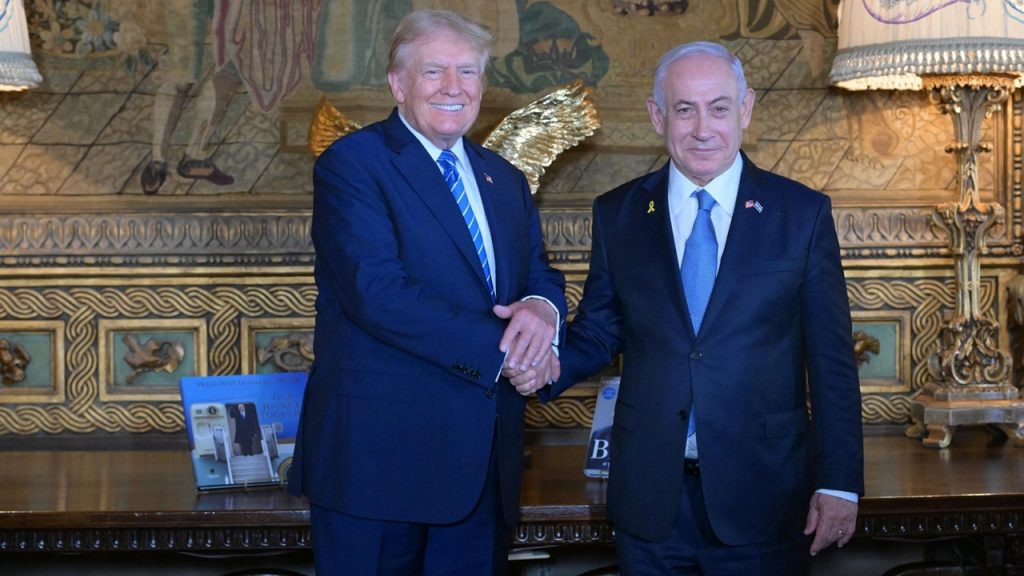Israeli Prime Minister Benjamin Netanyahu was one of the first world leaders to reach out to President-elect Donald Trump, with the two discussing Israel’s security and the Iranian threat. This conversation came in the wake of a statement from Palestinian terrorist group Hamas, urging Trump’s incoming administration to take action to stop the conflict in the Gaza Strip. It was reported that Trump had previously asked Netanyahu to resolve the conflict by the time he was inaugurated if he won the election. Hamas called on the new administration to end the “war of genocide and aggression” against the Palestinian people.
In response to Trump’s victory, Qatari Prime Minister Mohammed bin Abdulrahman Al Thani congratulated the President-elect and expressed a desire to work together to strengthen strategic relationships and promote security and stability in the region. Palestinian Authority President Mahmoud Abbas also expressed confidence that the United States, under Trump’s leadership, would support the legitimate aspirations of the Palestinian people. The source from the Times of Israel revealed that Trump had initially conveyed the message about ending the conflict to Netanyahu during a meeting at Mar-a-Lago in Florida back in July.
The conversation between Netanyahu and Trump emphasized the need to address the Iranian threat and work together to enhance Israel’s security. However, the statement from Hamas highlighted the urgency of resolving the conflict in the Gaza Strip and called on the new administration to take action. Qatar and Palestinian leaders also expressed hopes for cooperating with the incoming Trump administration to promote peace and stability in the region. These interactions between world leaders and Trump’s team suggest a willingness to engage in dialogue and collaboration to address complex geopolitical challenges.
The statements from Hamas and other leaders underscored the importance of addressing ongoing conflicts in the Middle East and seeking peaceful resolutions. The communication between Netanyahu and Trump, as well as the messages from other world leaders, reflect a recognition of the need for international cooperation to address security concerns and promote stability in the region. By acknowledging the Iranian threat and advocating for peace in the Gaza Strip and the wider Middle East, these leaders are signaling a commitment to finding diplomatic solutions to longstanding conflicts.
The outreach from Netanyahu to Trump and subsequent discussions around security and regional stability highlight the potential for continued cooperation between Israel and the United States under the new administration. By emphasizing shared interests in addressing security threats and supporting peace efforts, these leaders are setting a tone of collaboration and engagement in dealing with complex geopolitical challenges. The statements from Hamas and other regional leaders add additional perspectives on the need for international intervention and dialogue to address conflicts and promote peace in the Middle East. Overall, these interactions signal a readiness to work together towards mutually beneficial goals in the region.













